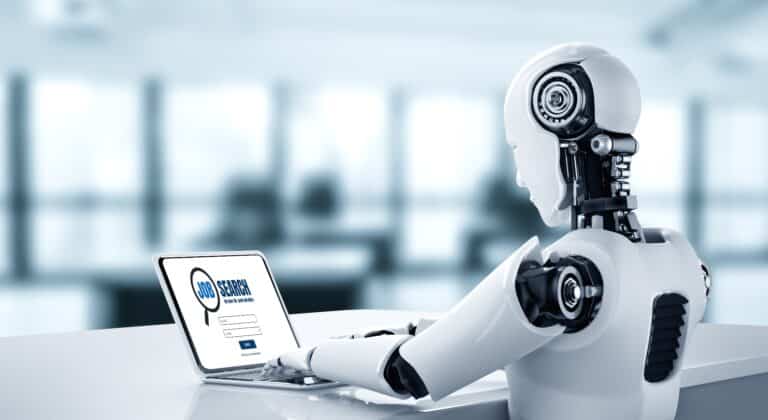Donald Trump’s campaign manager, Kellyanne Conway, reviewing their success in 2016, “But we do a poll, and we’re within three, two or three…that’s worth returning there, running some paid advertisements and beefing up our digital outreach and data program there. And we did that.” This targeted campaign in just a few states was the difference in the presidential election of 2016. How is presidential election data science impacting the 2024 race?
Creating Targeted Political Messaging
Data brokers own thousands of data points for any individual voter in the U.S. Parties and candidates in presidential election data science use this incredible amount of information to identify key issues for that specific voter or similar group of voters and create and validate advertising campaigns to reach them and, hopefully, influence their vote. Voter profiling by demographics, political affiliation, past voting patterns and online behavior is a given for 2024. This level of granularity enables campaigns to craft hyper-personalized messages that resonate with individuals on a deeply personal level, and to follow-up in real-time to assess and re-assess its effectiveness
Problem: False Advertising
During Chicago’s 2023 mayoral primary election a deepfake video surfaced of candidate Paul Vallas appearing to approve of police brutality. Vallas lost. Was the video the reason? Policymakers will need to establish guidelines and frameworks to ensure responsible and transparent data usage. The Communications Decency Act of 1996 is the most recent regulation on social media. This lack of new rules monitoring and controlling what can and can’t be done means, “The 2024 elections are going to be a mess because social media is not protecting us from false generated AI,” says Eric Schmidt, former CEO of Google.
Voter Turnout and Mobilization
Identifying potential supporters and undecided voters allows campaigns to focus their resources on targeting those specific individuals. Low voter turnout has been a persistent challenge in all elections. Presidential election data science can identify underrepresented constituencies through segmentation and personalization then they can impact the barriers to those individuals voting whether it be language, lack of transportation or limited access to information.
Data Driven Campaign Finance
Through insights of donor behavior and contribution patterns campaigns can develop more effective fundraising strategies and target potential donors who are more likely to contribute. This allocates campaign resources more efficiently to maximize return on investment. Presidential election data science will also help in optimizing resource allocation. Because of AI’s ability to take over many tasks, “experts say staffing campaigns to the brim will no longer be necessary for candidates anxious to shore up their war chests.”
As the importance of presidential election data science grows, the computational power that is needed is in the hands of only a few companies further entangling politics with business. Elections will be more personal than before, but they will feel less human. If a campaign no longer needs one message to share with everyone, but rather a series of tailored messages to smaller groups, how important will the candidate’s own words be? Presidential election data science 2024 is guaranteed to be as impactful as it was in 2016.
Interested in hiring a data scientist? Contact Smith Hanley Associates’ Data Science and Analytics Recruiter, Shane Meehan at smeehan@smithhanley.com
.


